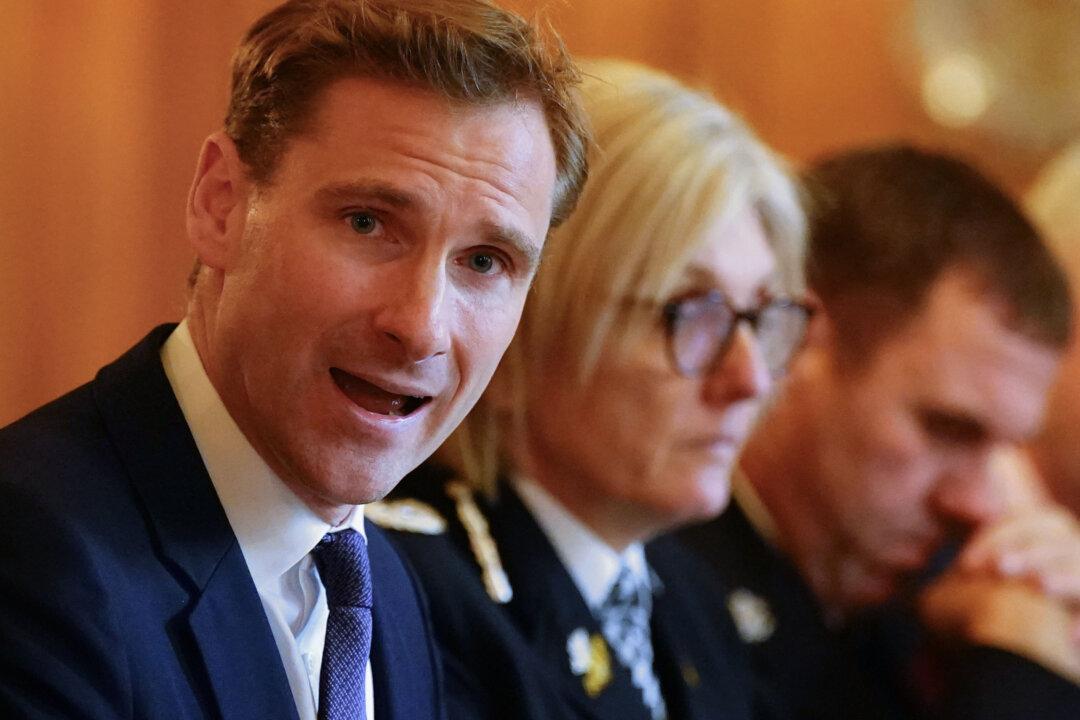Police forces in England and Wales have been urged to double the number of facial recognition searches in a government drive for using artificial intelligence (AI) tools.
In a letter to police chiefs, policing minister Chris Philp encouraged police forces to routinely check suspects’ images against the Police National Database (PND) using the retrospective facial recognition technology.





